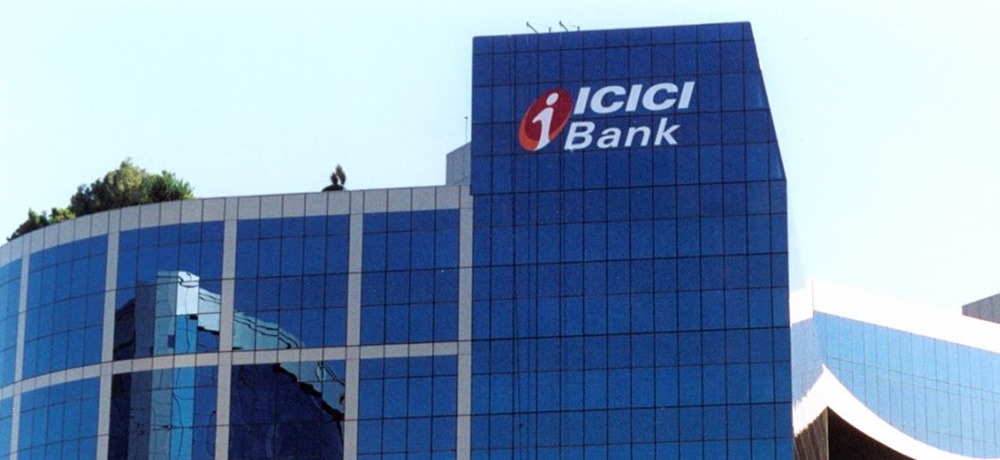ICICI Bank Becomes First From India To Successfully Execute Blockchain Transaction; International Trade Takes A New Leap

International trade finance and remittance is a complex banking operation, which is dependent on lengthy paper trail and manual forex currency conversions, which sometimes takes days to execute.
In order to make the process simpler and faster, ICICI Bank has executed a digital way of processing International trade and remittance process, using blockchain technology. By doing so, they have become the first bank from India and one among few globally, to have executed a blockchain based transaction.
This major leap in International trade was accomplished in association with Emirates NBD, which is one of the largest banking groups from Middle East.
As per a statement issued by ICICI Bank, they were able to successfully exchange and authenticate documents related with International trade, such as purchase order, invoice, shipping, insurance besides exchanging transaction messages related with remittances using blockchain ecosystem.
This has been hailed as a major leap for processing International trade, digitally, as the execution time shrinks to minutes, with real time update for all entities.
Chanda Kochhar, MD and CEO of ICICI Bank said: “I envision that the emerging technology of blockchain will play a significant role in banking in the coming years by making complex bilateral and multi-lateral banking transactions seamless, quick and more secure”
India’s 1st Blockchain Transaction by ICICI Bank
The pilot blockchain transaction by ICICI Bank was carried for a scrap dealer from Mumbai, who imported materials from a supplier based in Dubai. There were 4 entities involved in this transaction: Scrap dealer from Mumbai, ICICI Bank branch in Mumbai, Supplier from Dubai and Emirates NBD branch in Dubai.
When the the first transaction was executed, the scrap dealer (importer) based in Mumbai confirmed the receipt of shredded steel melting scrap from the supplier (exporter) based in Dubai.
In the second transaction, ICICI Bank branch in Mumbai successfully remitted funds to the Emirates NBD branch in Dubai, using blockchain technology.
These two transactions were monitored in real time by all the 4 entities involved in the process, and was completed in minutes, compared to days it took earlier as International courier and shipping was involved.
The exporter, importer, and the concerned banks were able to track documentations and were able to authenticate the ownership of assets being shipped on a digital platform, somewhat like an ‘unalterable ledger’ in real time.
This particular transaction was executed using a custom made blockchain application, which was created by EdgeVerve Systems, a wholly-owned subsidiary of Infosys.
As per Chanda Kochhar, blockchain ecosystem would be be expanded to include more banking operations, and common working standards would be adapted for infusing more digital and more technology into their banking operations.
How Blockchain Works in Banking?
Here is an overview of a typical blockchain based transaction, as presented in a research paper by Cognizant:

There are mainly four main aspects involved in a blockchain based transaction:
- Decentralization: Blockchain shares the control over to various entities involved in a transaction, thereby distributing data which can be accessed in real time.
- Digital Signature: Using public keys and private keys, blockchain uses unique digital signatures to authenticate and exchange transaction values between the entities, which makes the process faster.
- Mining: A distributed consensus system rewards miners for confirmation of transactions and using strict cryptographic rules, the mined information is stored in blocks for faster access.
- Data Integrity: Blockchain ensures that the data is tampered with, or changed as some complex algorithms are used to store the data, after it has been authenticated.
Besides banking operations, blockchain is now increasingly used in Internet of Things applications, healthcare, trading platforms and more areas where real-time transactions and exchange of data is happening.
